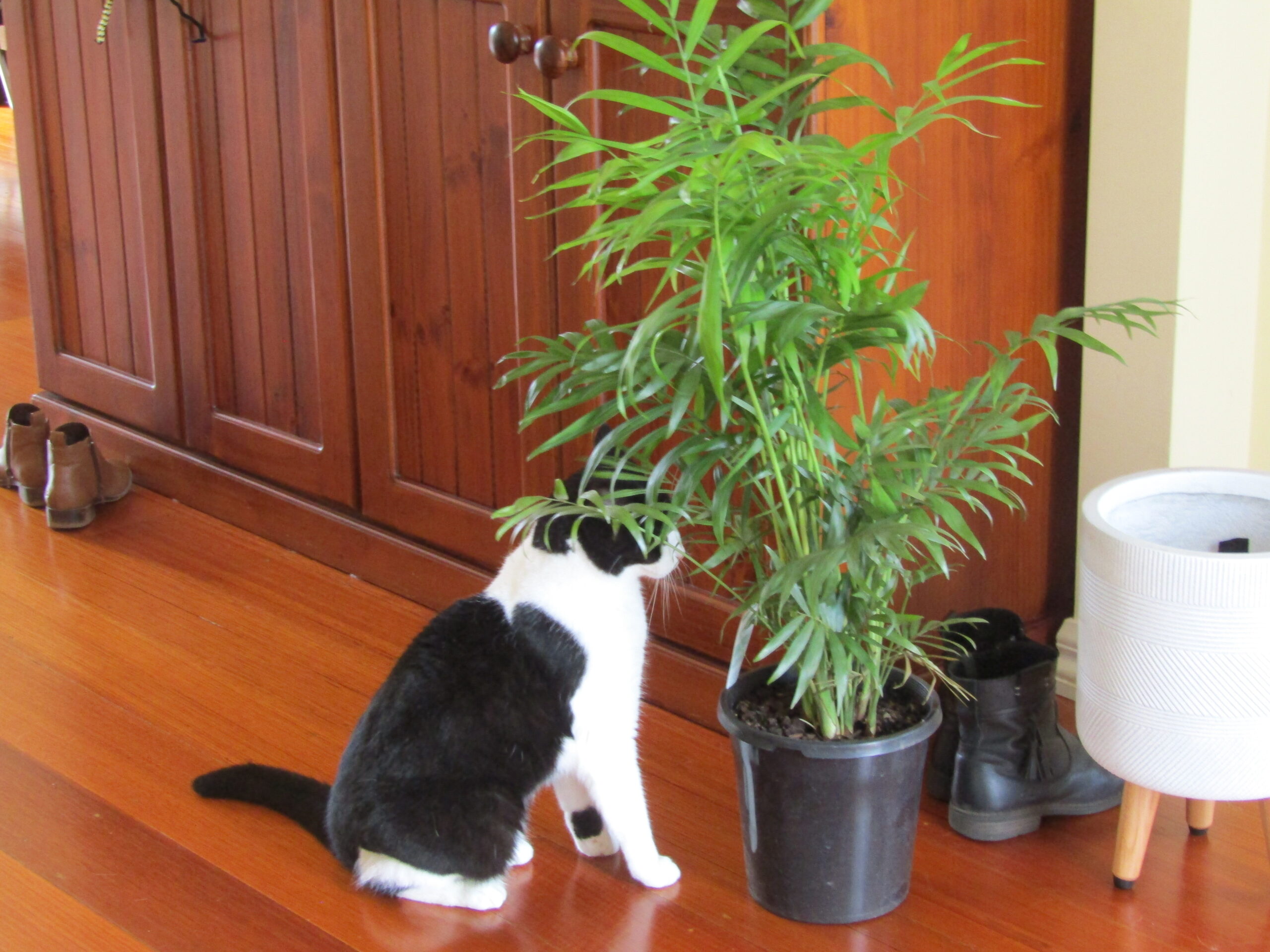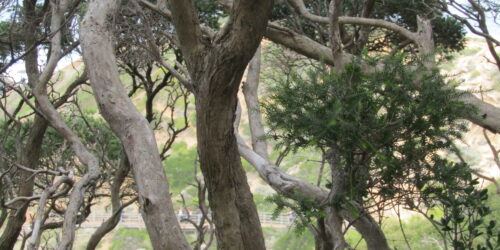Why Growing Food is (and Gardening) Useful, and How to Start
Food is one of the most essential things for a human, and since the price of everything is going up, it makes sense to have a backup to save money. Gardening and growing your own food is also really fun, and even if you’re a beginner it’s easy to start out, because of all of the people on YouTube and other forms of the internet. Also, it’s nice to plant plants as homes for wildlife and bugs (native plants of your area are good for this).
How to Start Out:
- First, you’re going to need a few things. Some of the essentials are: Gardening gloves, potting mix, pots or planters (with drainage) or the ground, storebought potting mix or and fertilizer (you’re going to need fertilizer after around 6 months), a watering can or a hose, gardening scissors are useful (I forgot what they’re called) but not compulsory, a mask for handling dusty potting mix (face masks from covid are fine) and lastly some seedlings, plants or seeds. You can buy all of these apart from the masks at places like Garden World and Bunnings.
- Some plants that I recommend are… Herbs, marigolds as a great all-rounder companion plant*, lavender for attracting pollinators, natives for helping local wildlife and bugs, potatoes and sweet potatoes if you have a tall enough pot or planter, tomatoes, lettuce and cabbage, carrots, beans and peas, and any others!
- Composting is really good for the environment and your garden, and can reduce the hefty cost of potting mix. Compost should be a balance of green materials (plant clippings and food scraps) and brown materials (paper, cardboard, sticks, dry leaves) or it isn’t going to work as well.
- If you have crap soil like I do (It’s very sandy) you might want to either plant in pots or planters or tailor your plant choices to the soil.
- Make sure that the pot or planter has enough room for the plant at its maximum size and repot if necessary.
- I find that ChatGPT is useful to research what plants to plant in different soil types or climates. (Very important)
- Make sure to research what season plants (especially vegetables) grow best in.
That’s pretty much it. Happy gardening!
*Companion plants are basically plants that go well with others, hence the name.


